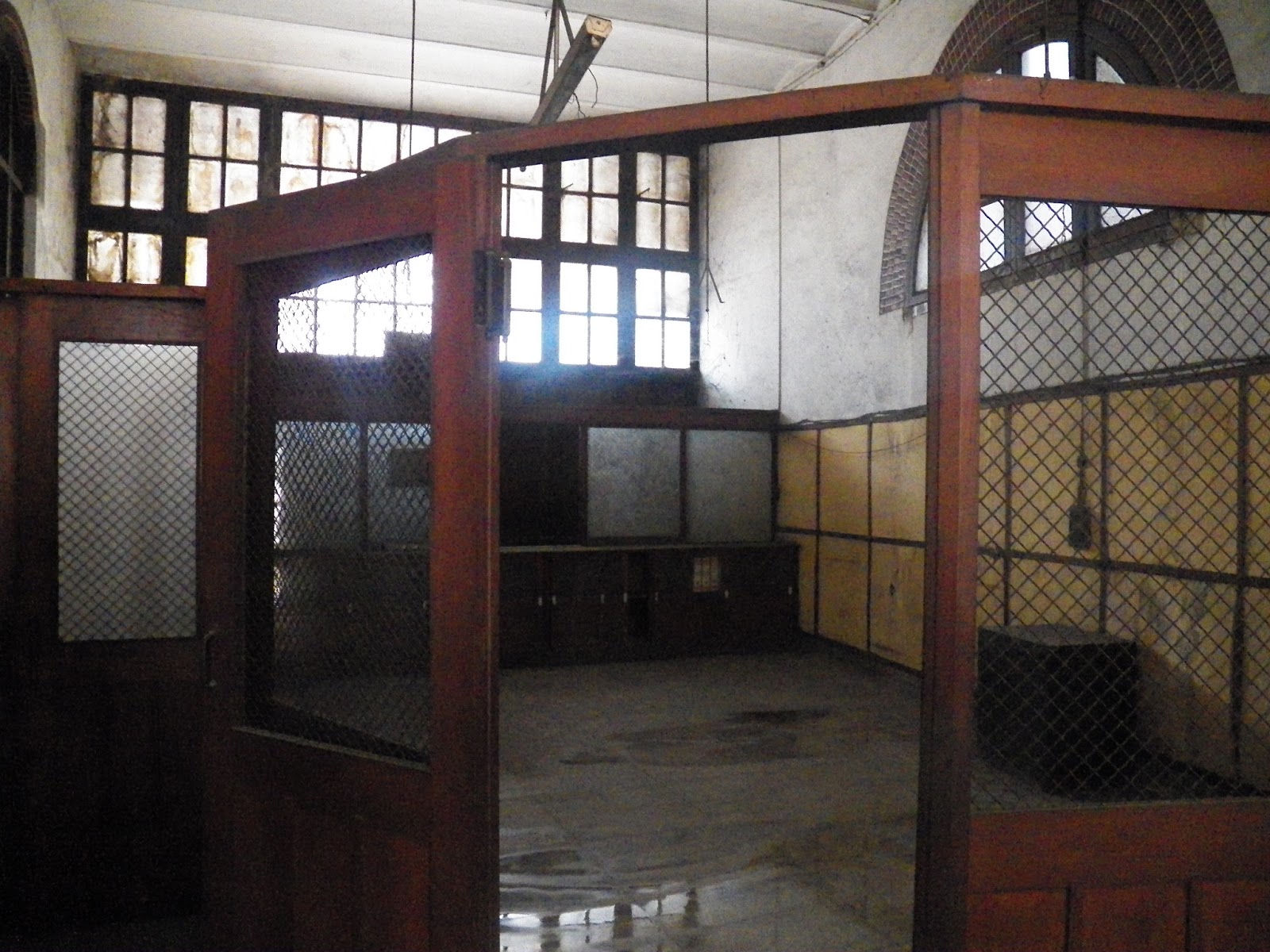
Furniture identifies movable objects designed to support various real human activities such as seating (e.g., chairs, stools, and sofas), eating (tables), and sleeping (e.g., bedrooms). Furniture is also used to carry items at a convenient level for work (as horizontal areas above the bottom, such as furniture and tables), or even to store things (e.g., cupboards and shelves). Furniture can be considered a product of design and is known as a form of decorative art. In addition to furniture's efficient role, it can provide a symbolic or spiritual purpose. It can be created from many materials, including metallic, plastic, and real wood. Furniture can be made using a variety of woodworking bones which often represent the local culture.People have been using natural things, such as tree stumps, stones and moss, as furniture because the beginning of real human civilisation. Archaeological research implies that from around 30,000 years ago, people began constructing and carving their own furniture, using real wood, stone, and canine bones. Early on furniture out of this period is well known from artwork such as a Venus figurine found in Russia, depicting the goddess over a throne. The first surviving extant furniture is in the homes of Skara Brae in Scotland, and includes cupboards, dressers and beds all made of stone. Complex building techniques such as joinery began in the early dynastic period of early Egypt. This age saw constructed real wood parts, including stools and tables, sometimes adorned with valuable metals or ivory. The evolution of furniture design continuing in early Greece and old Rome, with thrones being commonplace as well as the klinai, multipurpose couches used for comforting, eating, and sleeping. The furniture of the Middle Age ranges was usually heavy, oak, and ornamented. Furniture design widened through the Italian Renaissance of the fourteenth and fifteenth century. The seventeenth hundred years, in both Southern and Northern Europe, was seen as a opulent, often gilded Baroque designs. The nineteenth hundred years is usually described by revival styles. The first three-quarters of the twentieth century are often seen as the march towards Modernism. One unique outgrowth of post-modern furniture design is a go back to natural forms and textures.
Bajet Universiti 2015 Dipotong RM1.046 Bilion 12.36%. Kenaikan Yuran

Hiasan Kelas Dengan Memanfaatkan Barang bekas

SD SAIM Surabaya: Kunjungan kelas 4 2011/2012 ke Gedung Bersejarah

ruangkelas.jpg

Thank You for Visiting this Website
 Thank You for Visiting this Blog
Thank You for Visiting this Blog


 Thank You for Visiting this Website
Thank You for Visiting this Website
 Furniture refers to movable objects intended to support various real human activities such as seats (e.g., chair, stools, and sofas), eating (desks), and sleeping (e.g., bedrooms). Furniture is also used to carry things at a convenient elevation for work (as horizontal surfaces above the bottom, such as furniture and tables), or even to store things (e.g., cupboards and shelves). Furniture can be considered a product of design and is known as a kind of decorative art. In addition to furniture's practical role, it can provide a symbolic or religious purpose. It can be made from many materials, including metallic, plastic, and hardwood. Furniture can be made utilizing a variety of woodworking joint parts which often indicate the neighborhood culture.Folks have been using natural things, such as tree stumps, stones and moss, as furniture since the beginning of individual civilisation. Archaeological research implies that from around 30,000 years back, people began building and carving their own furniture, using timber, stone, and animal bones. Early on furniture from this period is well known from artwork such as a Venus figurine found in Russia, depicting the goddess on the throne. The first surviving extant furniture is in the homes of Skara Brae in Scotland, and includes cupboards, dressers and mattresses all made of stone. Complex building techniques such as joinery started in the first dynastic amount of historical Egypt. This time saw constructed wooden parts, including stools and desks, sometimes furnished with valuable metals or ivory. The development of furniture design prolonged in ancient Greece and traditional Rome, with thrones being commonplace as well as the klinai, multipurpose couches used for comforting, eating, and sleeping. The furniture of the center Age groups was usually heavy, oak, and ornamented. Furniture design widened through the Italian Renaissance of the fourteenth and fifteenth hundred years. The seventeenth century, in both Southern and North Europe, was characterized by opulent, often gilded Baroque designs. The nineteenth century is usually described by revival styles. The first three-quarters of the twentieth century are often seen as the march towards Modernism. One unique outgrowth of post-modern furniture design is a return to natural patterns and textures.
Furniture refers to movable objects intended to support various real human activities such as seats (e.g., chair, stools, and sofas), eating (desks), and sleeping (e.g., bedrooms). Furniture is also used to carry things at a convenient elevation for work (as horizontal surfaces above the bottom, such as furniture and tables), or even to store things (e.g., cupboards and shelves). Furniture can be considered a product of design and is known as a kind of decorative art. In addition to furniture's practical role, it can provide a symbolic or religious purpose. It can be made from many materials, including metallic, plastic, and hardwood. Furniture can be made utilizing a variety of woodworking joint parts which often indicate the neighborhood culture.Folks have been using natural things, such as tree stumps, stones and moss, as furniture since the beginning of individual civilisation. Archaeological research implies that from around 30,000 years back, people began building and carving their own furniture, using timber, stone, and animal bones. Early on furniture from this period is well known from artwork such as a Venus figurine found in Russia, depicting the goddess on the throne. The first surviving extant furniture is in the homes of Skara Brae in Scotland, and includes cupboards, dressers and mattresses all made of stone. Complex building techniques such as joinery started in the first dynastic amount of historical Egypt. This time saw constructed wooden parts, including stools and desks, sometimes furnished with valuable metals or ivory. The development of furniture design prolonged in ancient Greece and traditional Rome, with thrones being commonplace as well as the klinai, multipurpose couches used for comforting, eating, and sleeping. The furniture of the center Age groups was usually heavy, oak, and ornamented. Furniture design widened through the Italian Renaissance of the fourteenth and fifteenth hundred years. The seventeenth century, in both Southern and North Europe, was characterized by opulent, often gilded Baroque designs. The nineteenth century is usually described by revival styles. The first three-quarters of the twentieth century are often seen as the march towards Modernism. One unique outgrowth of post-modern furniture design is a return to natural patterns and textures.





